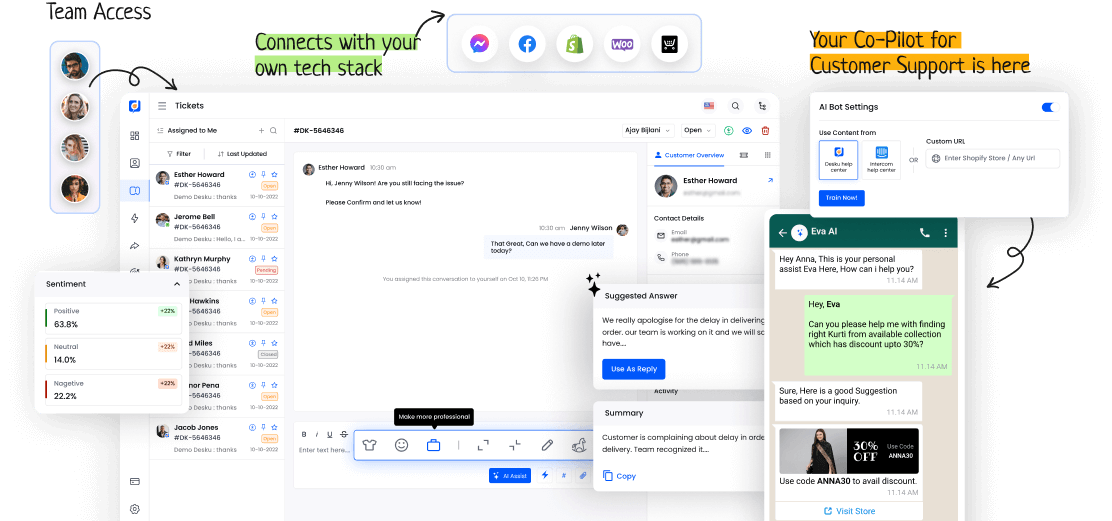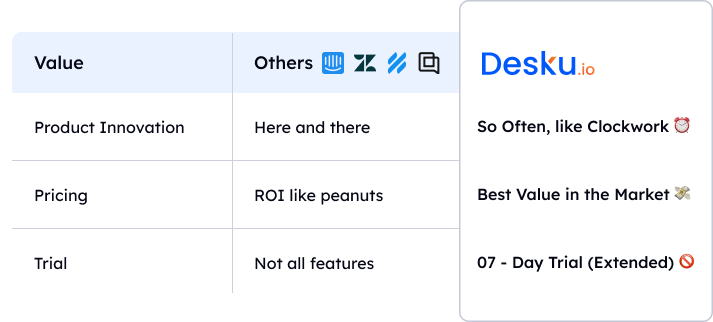Omnichannel customer experience is a key idea. It shapes how businesses interact with their customers. It's not just about transactions. It aims to make a smooth journey for customers across different platforms.
By mixing online and offline touchpoints well, companies can make a strong base for customer engagement. This whole approach not only makes customers happy but also builds brand loyalty and grows revenue.
For modern businesses wanting to do well in a tough marketplace, understanding omnichannel customer experience is important.
I. Understanding Omnichannel Customer Experience
What are the parts that shape the omnichannel customer experience in today's business world?
The customer journey and digital change are key.
It's important to know how customers engage with businesses on different channels.
Using digital tools to make this process smooth is needed for a flawless omnichannel experience.
This meets the changing demands of customers.
II. Importance of Omnichannel Experience in Business
A good omnichannel customer experience is key for better business success. It raises customer satisfaction by smoothly linking different touchpoints. It gives customers a unified and tailor-made journey.
This boosts customer satisfaction and nurtures brand loyalty. This results in keeping more customers, a higher lifetime value of customers, and a stronger business model in the long run.
III. Implementing Effective Omnichannel Strategies
The importance of omnichannel customer experience in business can't be overstated. Effective omnichannel strategies are key to boosting customer engagement and loyalty. They aim to integrate different channels smoothly. This gives customers a unified and consistent experience.
The result? Higher satisfaction and loyalty to the brand. By focusing on customer engagement through omnichannel strategies, businesses build stronger ties. This drives success in the long run.









